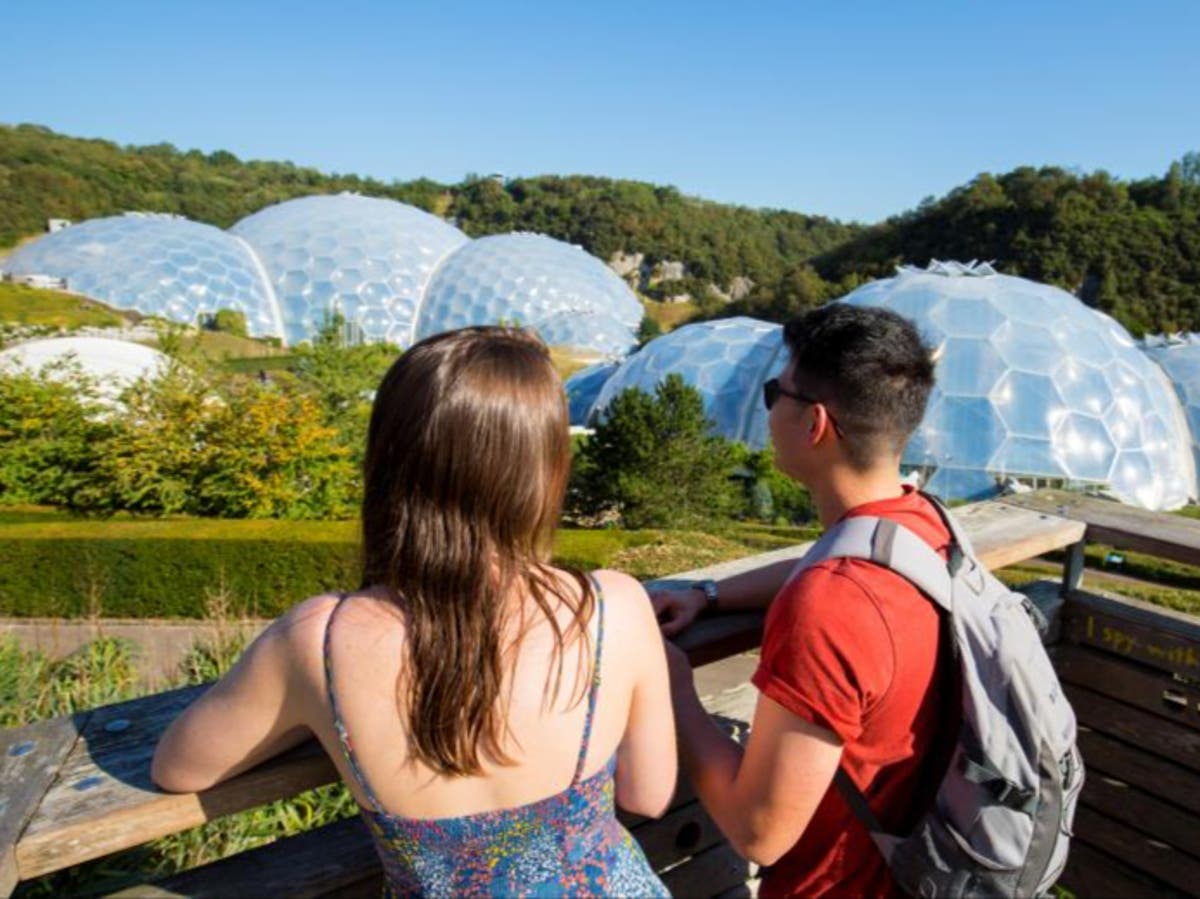
“I currently reside in Leeds,” claims Alice Olsen, “so if I decide to travel to Cornwall, it would undoubtedly be considered a vacation, not a ‘staycation.’”
Ms. Olsen is one of over 10,800 participants in an X (formerly Twitter) poll aimed at defining the practical meaning of ‘staycation’ to individuals.
The survey results indicated a preference for the original definition, with a majority (60.1%) interpreting it as “a holiday where you stay at home and explore nearby attractions.” This aligns with the term’s initial usage in North America eighty years ago.
As illustrated by the Cincinnati Enquirer on July 18, 1944, which encouraged readers to choose a stay-cation over a va-cation. The term resurfaced in the early 2000s, promoting budget-friendly vacations exploring local destinations instead of far-off getaways.
Nevertheless, British travel agencies and journalists have expanded the term’s meaning, using ‘staycation’ to describe any holiday spent within one’s home country. For example, VisitEngland uses ‘staycation’ in its studies to refer to domestic trips involving overnight stays. This broader interpretation has also been embraced by media platforms like The Independent.
However, the social media poll suggests that most travelers prefer the original, more stringent definition of ‘staycation.’ By adhering to this definition, a visit to Cornwall’s Eden Project would only qualify as a staycation for individuals residing nearby, such as those in St. Austell or Lostwithiel.
Commentators like Rebecca Halpern criticized the term for insinuating that vacations are not legitimate unless they involve international travel. On the contrary, Pru Goudie supported the broader definition of ‘staycation’ as a domestic holiday with an overnight stay. She proposed introducing a new term, ‘daycation,’ for day trips from home.
The Independent delves deeper into debatable travel terminology, exploring how “glamping” now denotes luxurious camping experiences. As a travel-focused publication, Independent Travel dissects these terms and evaluates their appropriateness in the English language.
Decoding Controversial Travel Terminology:
-
Seacation: A cruise on the sea or ocean.
-
Greycation: A vacation catering to older travelers, typically those with graying hair.
-
Greencation: Dual interpretations – a trip during the pandemic to places exempt from quarantine requirements, or an environmentally conscious vacation.
-
Vaccication: A term from the Covid era for trips where double vaccination grants travel privileges.
-
Workcation: Combining work and leisure, often done remotely.
-
Unication: Parents visiting their children at university or college.
-
Maycation: A holiday in May – the fifth month, a play on ‘May Day.’
-
Mancation: A hyper-masculine holiday involving beer and possibly profanity (in a light-hearted manner).
-
Nacation: A naturist trip – less clothing, more nature.
-
Ovation: A holiday with intentions of starting a family.
-
Altercation: Easily adjusting or changing your vacation plans?
-
Amplification: Attending a lively festival; enhancing the excitement of your holiday!
-
Indication: An ambiguous term – could refer to India, Indonesia, Indiana, or a collaboration with an Independent travel writer.
